SAN FRANCISCO—On May 27, the Recall San Francisco School Board Campaign, led by Autumn Looijen and Siva Raj, surpassed 15,000 signatures. The campaign, aimed particularly at recalling three school board members: President Gabriella Lopez, Allison Collins, and Faauuga Moliga, requires 10% of the City of San Francisco’s population of eligible voters. Thus, roughly 51,000 signatures are required. September 7, 2021 is the deadline to gather signatures.
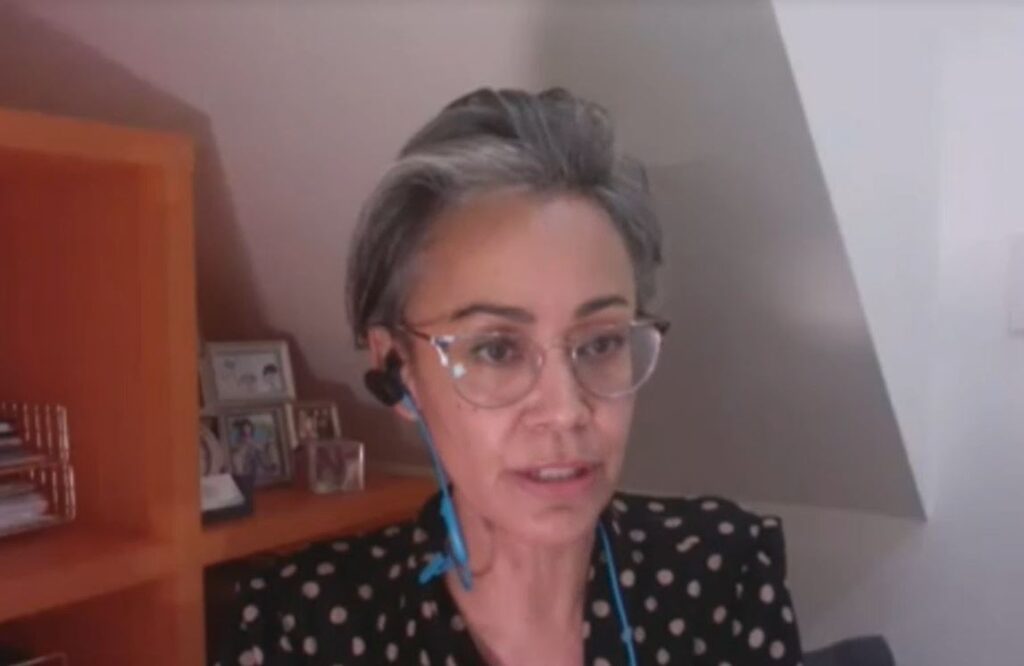
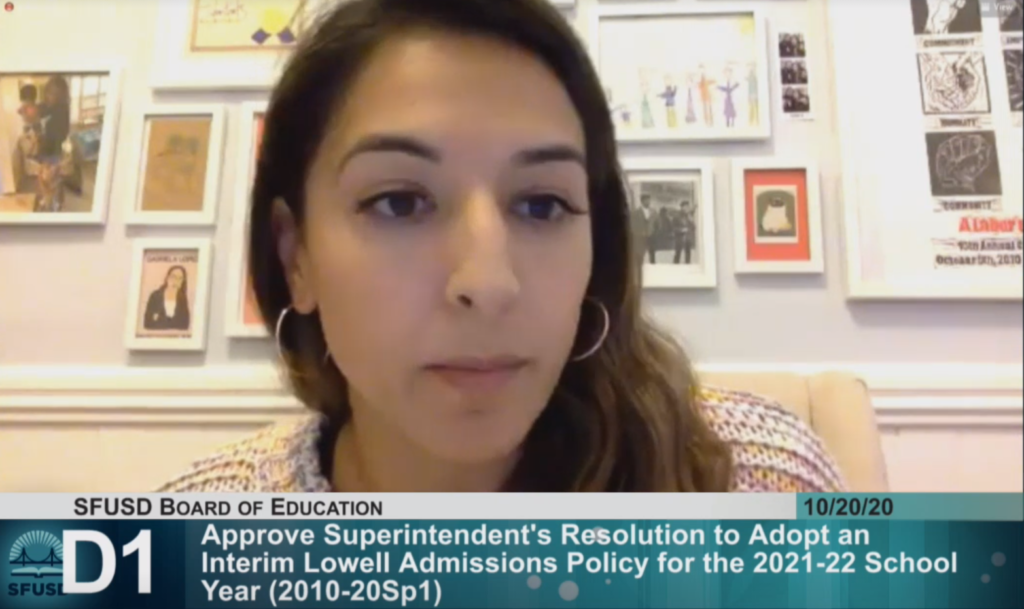
Siva Raj said the campaign is in response to the SFUSD Board’s “failure to educate the district’s children,” evidenced in the slow process of bringing students back to in-person instruction despite low COVID infection rates in the City of San Francisco, the fact that it was said there may be no in-person instruction at all during the Spring term of 2021, the mental health crisis that accompanied inaction regarding school reopening, the loss of millions in school reopening funds, the school renaming proposal, the Lowell High School admissions change from one where grades and test scores were considered in a competitive application process to one where admissions was random and the same as all high schools in the SFUSD, the language, behavior and conduct of school board officials, and an $87 million lawsuit against the Board of Education launched by Board member Alison Collins in response to removal from her Vice President position.
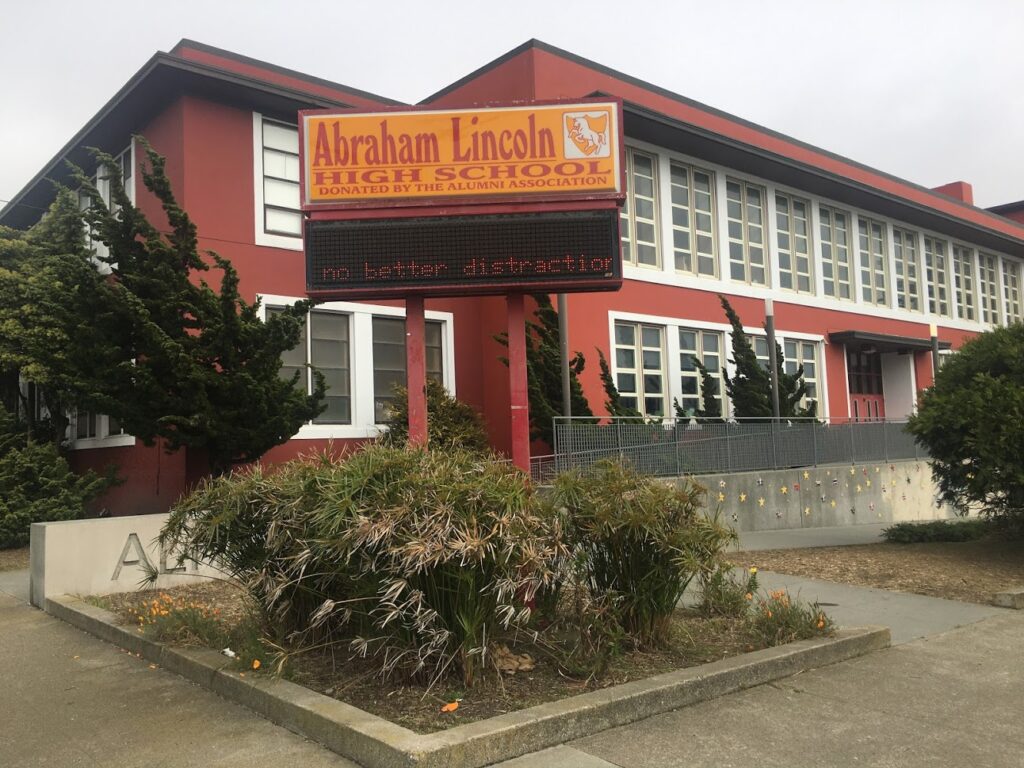
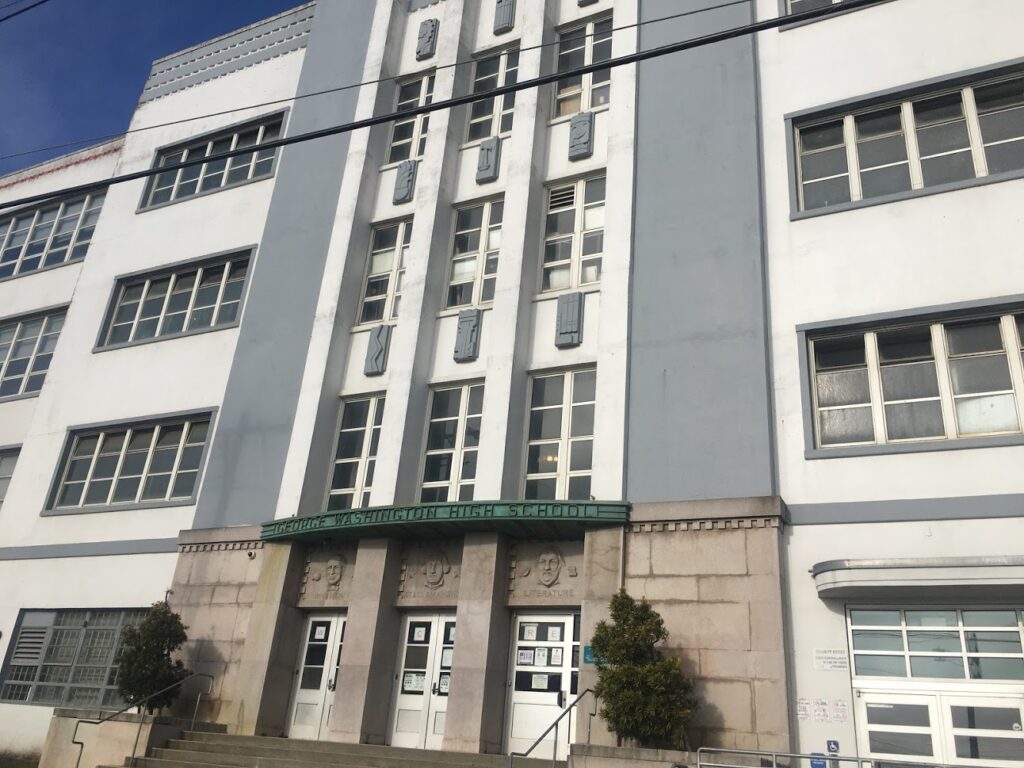
“Despite low COVID rates and teachers getting vaccinated, middle and high schools won’t reopen this year,” Raj said. “San Francisco is the ONLY top 25 city not bringing them back.” Describing the mental health crisis in elementary to high school students, he continued: “The extended school closure has led to black, Latino and Pacific Islander students, English language learners and special education students suffering significant learning loss, and has triggered a mental health crisis in our children.” Siva Raj said the school budget deficit “exploded to $130 million.” In the matter of delays in reopening plans, he said SFUSD students lost $18 million in reopening funds. He mentioned controversial resolutions that made national news as evidence of the members not caring about education, the students, or community members.
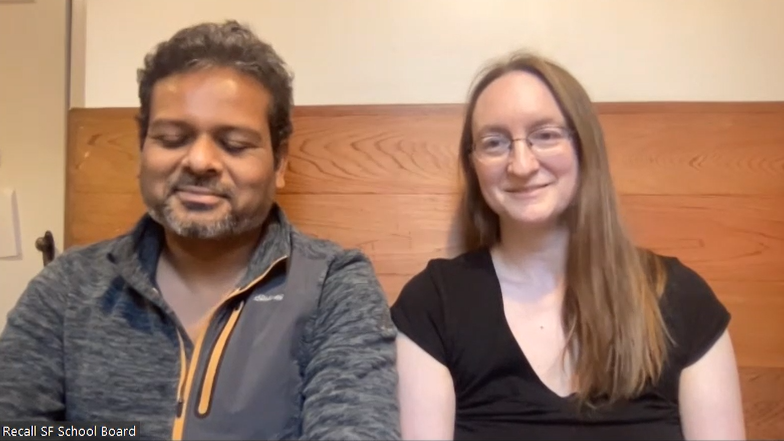
“Instead of working on reopening, the Board prioritized the renaming of 44 schools, and rushed to change the Lowell admission policy in 5 days without adequate public input.” On February 10, the SFUSD Board of Education passed a resolution removing Lowell High School’s admissions policy based on grades and test scores, in what is known as the “equity audit,” in a vote of 5-2. The discussion is accessible to the public on the SF government media website. Alison Collins called merit-based admissions “white supremacy” in Tweets posted in the October of 2020. School Board President Gabriella Lopez said grades and test scores were “biased” towards Caucasians and Asians and that merit-based admissions in public schools were “illegal” during the General Board Meeting on October 20, where the Board voted to approve of a one-year change of Lowell High School’s admissions.
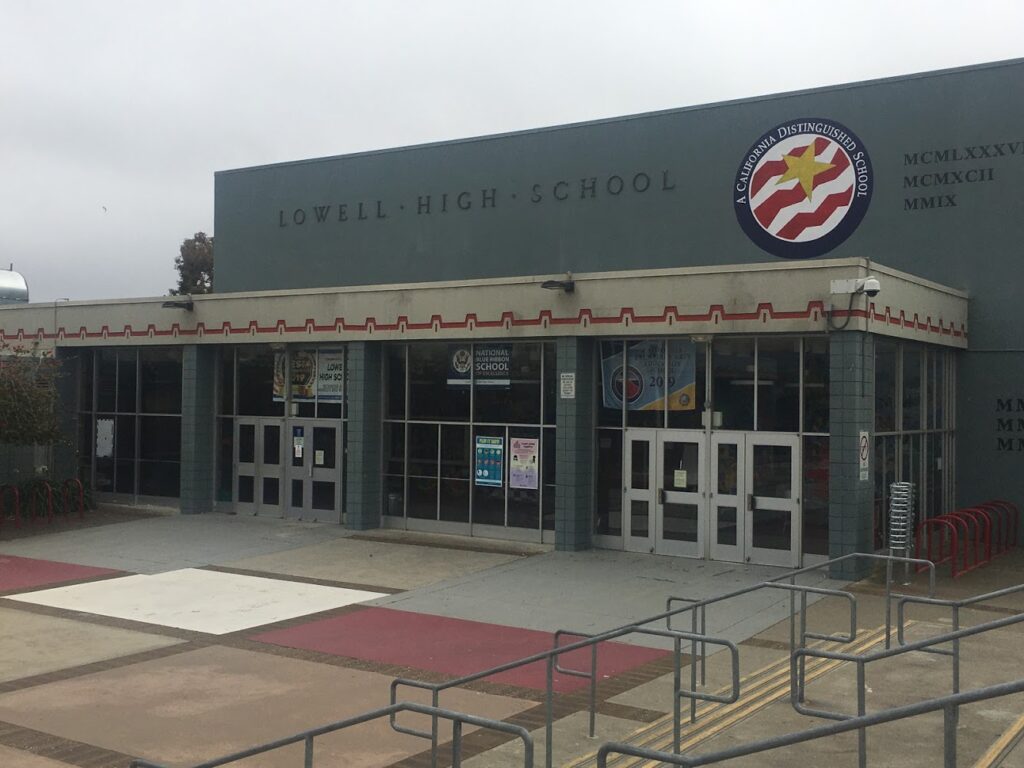
Over three hours into the meeting Gabriella Lopez said the following: “Just so you know, Grades and standardized test scores are automatic barriers for students outside of Caucasian and Asian communities. That’s a fact. Grades are biased. They attempt to measure aptitude and intelligence. The fact that Lowell uses this merit-based system is inherently racist, and let’s not forget this is an illegal process.”
Raj said there was very little consideration for community concern over the matter of changing Lowell High’s merit-based admissions. The Board meeting regarding the temporary change on October 20 allowed those in favor of the change to speak for 30 minutes and those against the change to speak for 30 minutes, with an additional period for 8th graders only. The meeting on the permanent change of admissions policy also allowed 30 minutes for each side to speak. The same time frames were allotted for those in support and against the permanent change for the Board meeting on February 9.
Those who support the admissions change explain that the admissions process is racially biased and that students have experienced hostility on campus. People, including former Lowell students, expressed in both meetings that students of African American descent felt “unwelcome” during their four years there with the way they were treated by their classmates. Those against the change, who attended both meetings for Lowell High admissions resolutions, stated that merit is just a fact for life, for job applications, university applications, and art schools admissions in San Francisco such as SOTA. People expressed that the end of grades and and test scores from admissions is lowering of academic standards and would harm education for accelerated students, particularly people from low-income families who cannot afford private schools.
A representative for a political and social San Francisco organization, Families for San Francisco, also spoke during the 30-minute comment time on February 9, criticizing the school board’s conduct, encouraging people to visit their website in the light of concerns so that they can be addressed. “I wasn’t going to comment, but I couldn’t help that notice that board memebrs don’t think that taking parent opinion is important, but they couldn’t be bothered by turning their cameras on. This board isn’t even listening to you. The commissioners can’t even be bothered to watch.”
The San Francisco Unified School District made national news with its proposal to change the names of 44 schools. Board President Gabriella Lopez did an interview with the New Yorker explaining why she is sponsoring the school renaming resolution, associating school names with “white supremacy culture.”
One interview question read:
This in no way erases our history. It cannot, and we will not forget the past. But we can honor the work that has been done to dismantle racism and white-supremacy culture.” Can you explain what you meant by that?
Lopez responded: “There’s this idea that because we’re removing the names we’re somehow removing the stories in what we’re learning, and that in fact is not the case. It’s really just sharing in our schools what is and isn’t uplifted. And that’s part of my work as a school-board member. That’s been my work as a teacher. What are we highlighting in our classes? And what are we teaching our students? And what isn’t being uplifted in our time and our public-school system that we’ve seen throughout history?”
“This resolution came to the school board in the wake of the attacks in Charlottesville, and we are working alongside the rest of the country to dismantle symbols of racism and white supremacy culture,” Lopez said. The resolution is based on a Google Doc which described why the historical figures associated with SFUSD school schools such as Balboa or George Washington, should be changed. The document citied Wikipedia or copied and pasted entire paragraphs off of Wikipedia articles about historical figures such as James Russell Lowell. As of May 17, the original document has been deleted, but the original document was saved by Michael Safatti, a member of the Recall the SF School Board Facebook campaign page, who shared it with the San Francisco News.
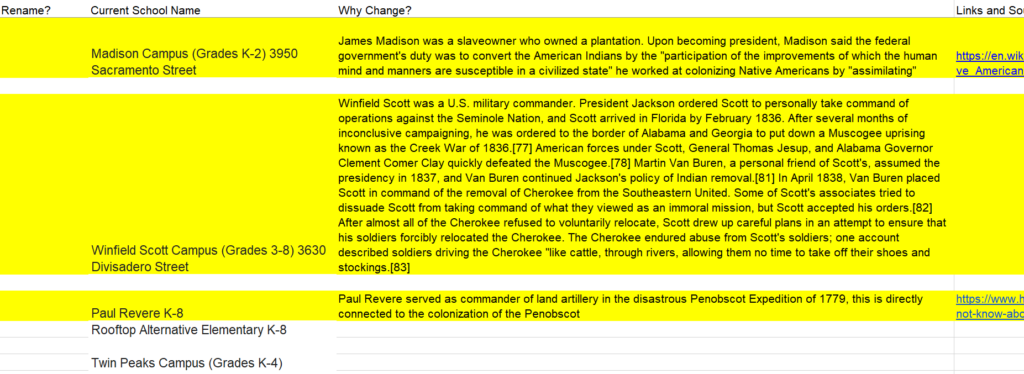
Board of Education President Gabriella Lopez, with a degree in gender studies, became Vice President at age 28 in 2019 after teaching elementary school for two years. She boasted she was the “youngest person ever” to become a school board official.
Community members wrote about behavior they deemed to be childish on Twitter. Alison Collins said she was offended at the criticism they were receiving, saying they are against moves to dismantle “white supremacy culture.” On Twitter she posted: “Wondering why the SF School Board is getting so much attention lately? Any time we make moves to dismantle white supremacy culture, we see these types of reactions.”
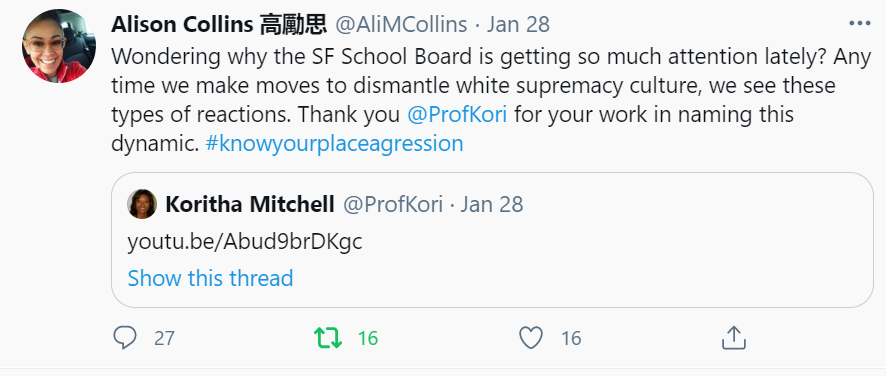
Former Vice President Alison Collins posted tweets saying that Asians use “white supremacist” thinking to “get ahead” and other racist posts. She made posts about how in certain settings she saw only Asians or Caucasians and no African American people. Multiple posts also also about Asians not doing enough about anti-African American racism, and being “next” on Trump’s “list.” There were widespread calls for her resignation, including her Supervisors and San Francisco Mayor London Breed.
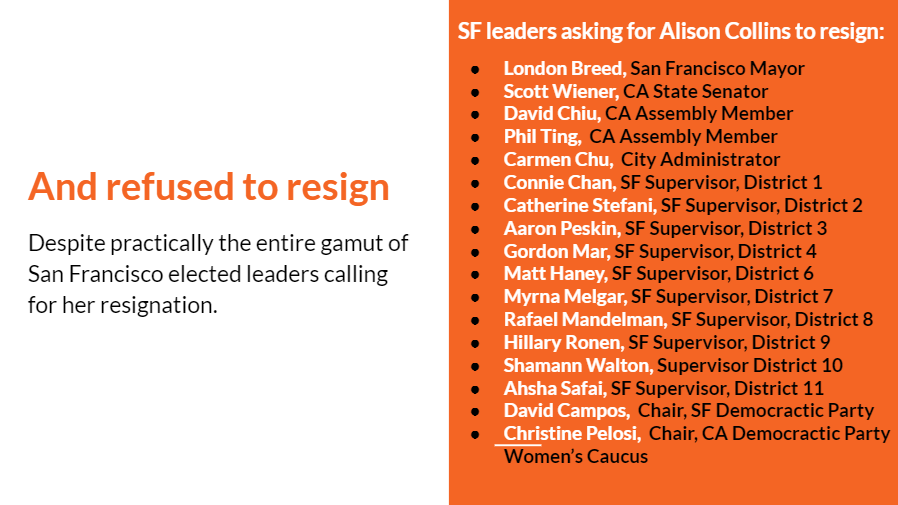
Collins followed up by pursuing an $87 million lawsuit, first reported on March 31, arguing that the vote removing her from the position as VP “violated Collins’ due process and caused her to suffer losses in income, significant loss of reputation, severe mental and emotional distress, and humiliation.”
Families for San Francisco, with the stated purpose of informing and educating residents of city politics to elect candidates who “care about the challenges the city faces,” described Collins launching a lawsuit for “outrageous financial compensation.” It was perceived as evidence of gross in competence, extreme bias, disruption of the proper functioning of the Board, misuse of office, and misuse and abuse of office for personal interest while going against the interest of the public.
Families of San Francisco also mentioned Board President Gabriella Lopez’s support of her as evidence of extreme bias, and mentioned that Collins was suing the district for a portion of the entire budget: “Instead, she [Lopez] attended the rally where the lawsuit was announced, thus making clear that she stood with the person suing the district for almost 10% of the district’s entire budget during a time of budgetary shortfall.”
In response to the way the school board members, particularly Collins and Lopez spoke about merit-based admissions, Raj offered the following comment:
“Stereotyping an entire school community or group is unacceptable. I would like our school board to do the hard work of addressing the real educational disparity that exists in our communities and spend less time on Twitter, name calling others and dividing us.”
Regarding the name change proposal, Raj stated his response in four points: “The renaming process was flawed in multiple ways: (i) rushed through without community input, (ii) so many errors that we would not accept from a high school student let alone members of the board of education, (iii) no attempt made to look at the history of these individuals, and (iv) in violation of Brown Act.”
Families of San Francisco discussed what sorts of principles ought to be applied when evaluating recalls in California on the news portion of their website. Families of San Francisco observed from the School Board, particularly Allison Collins and Gabriella Lopez, to be guilty of gross incompetence, extreme bias, misconduct, misuse and abuse of office while using their positions to harass or silence the voice of constituents, placing personal interest over the interest of the public, failure to perform duties to a minimum standard, lack of fitness (mental/physical), misappropriation of funds, disruption of the proper functioning of the Board, violation of ethical code, and oppression. On Alison Collins’ language, Families of San Francisco observed this. “She consistently questioned the motives of commenters, calling parents “racist” when they disagree with her, and attacking student journalists at the Lowell student newspaper after making a false accusation.”
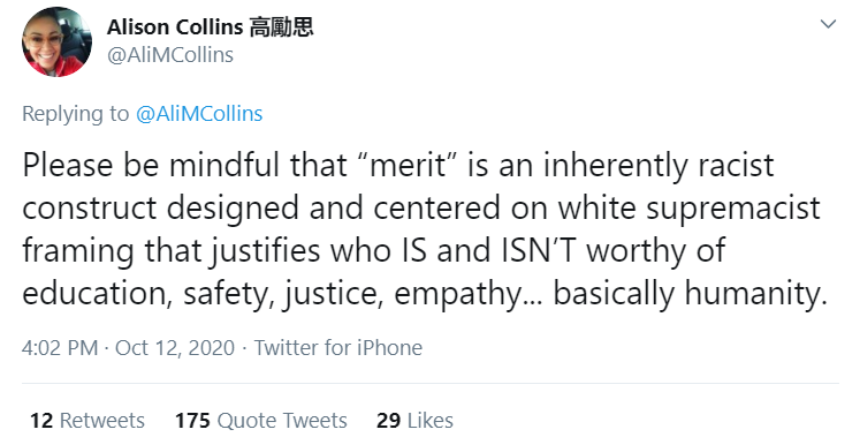
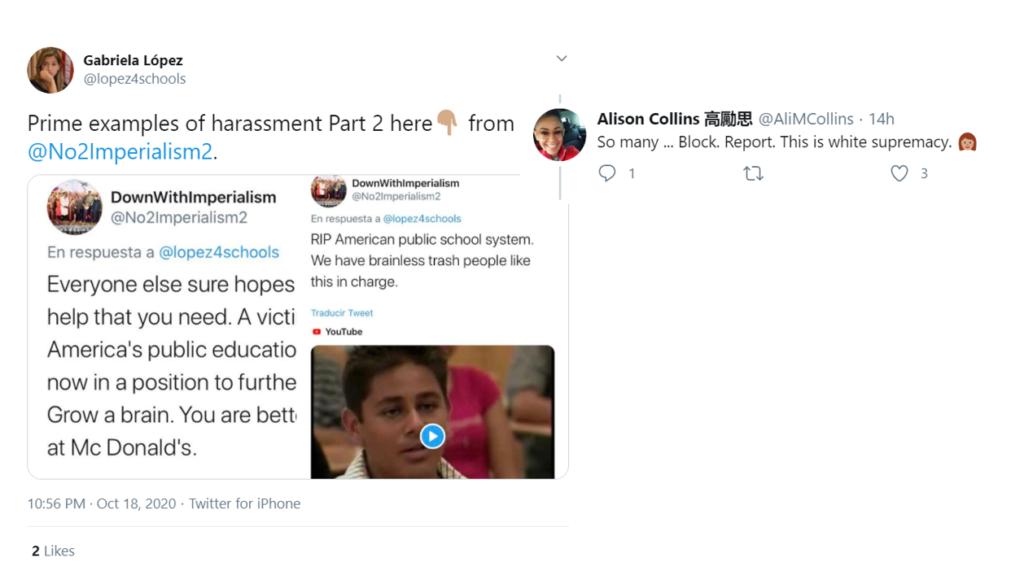
The campaign has an official website, a Twitter, and a Facebook page, where the volunteers plan and post updates.

Recall campaign organizations have been campaigning throughout the City of San Francisco, including locations such as Lowell High School, Safeway grocery stores, farmer’s markets, public parks, small businesses, and busy intersections near streets lined with restaurants, and department stores.
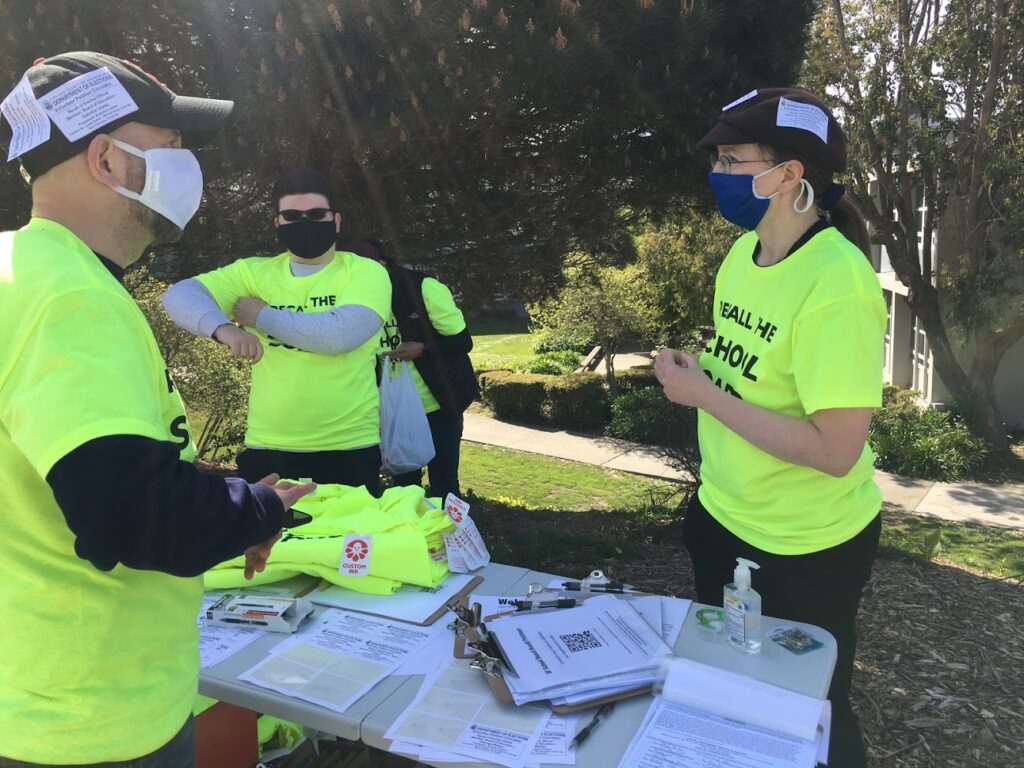
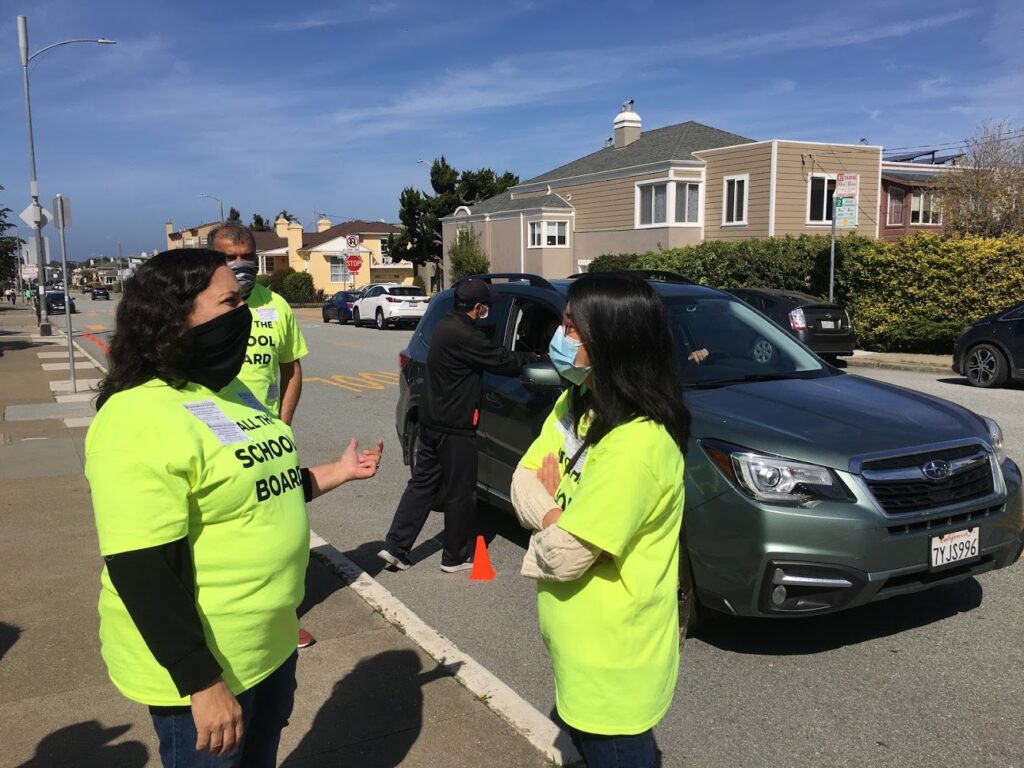
After pressure from City officials, national attention, and a lawsuit by San Francisco City Attorney Dennis Herrera in early February, the school renaming plan was paused. In the next two months, gradual steps were taken to return students to in-person instruction for the remaining weeks of school, largely for end-of-year activities, as described in a May 11 press release. As of May 11,19,000 students returned to in-person instruction, with 113 SFUSD schools open, in a process that began on April 12.
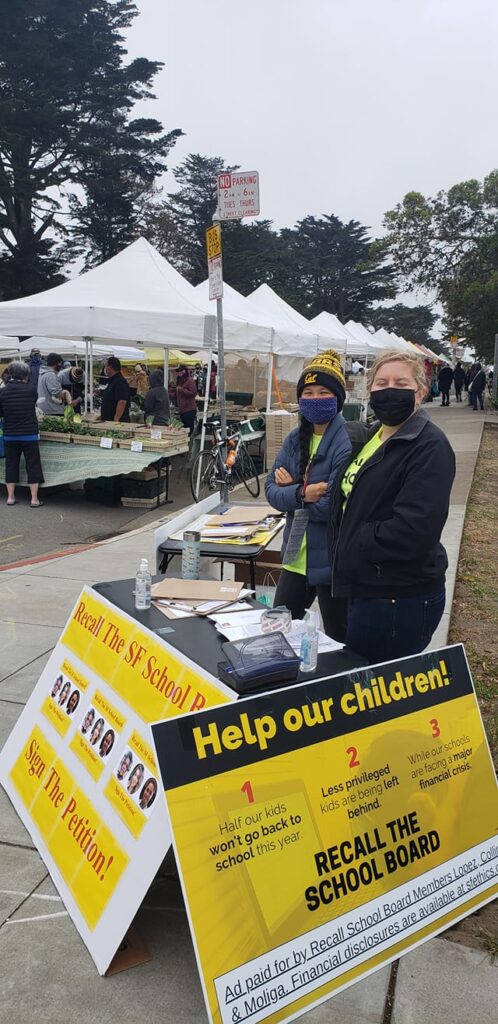
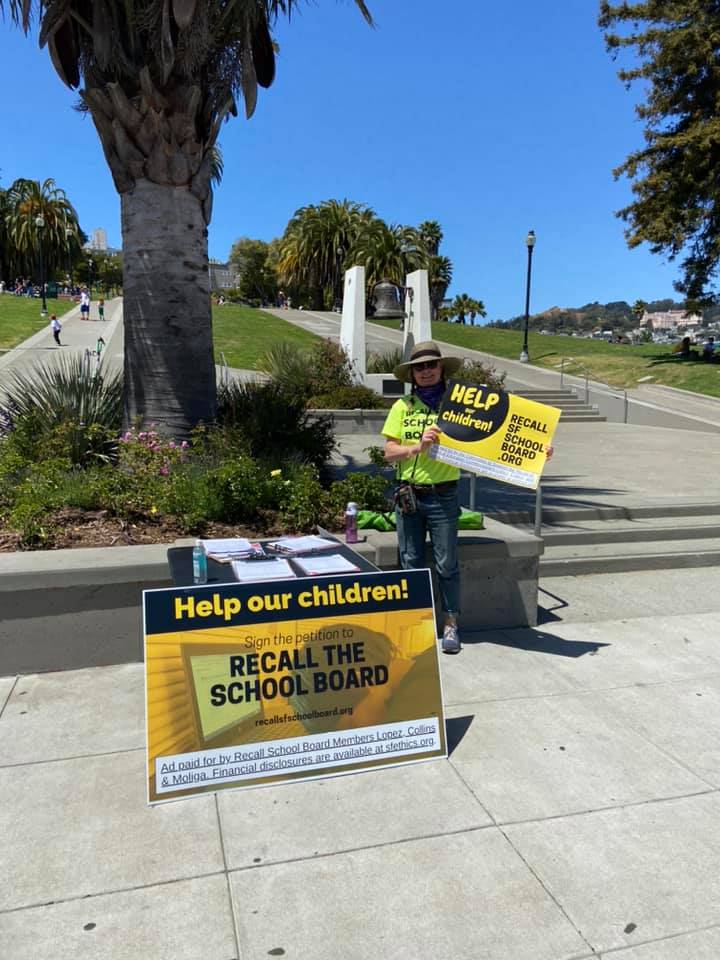
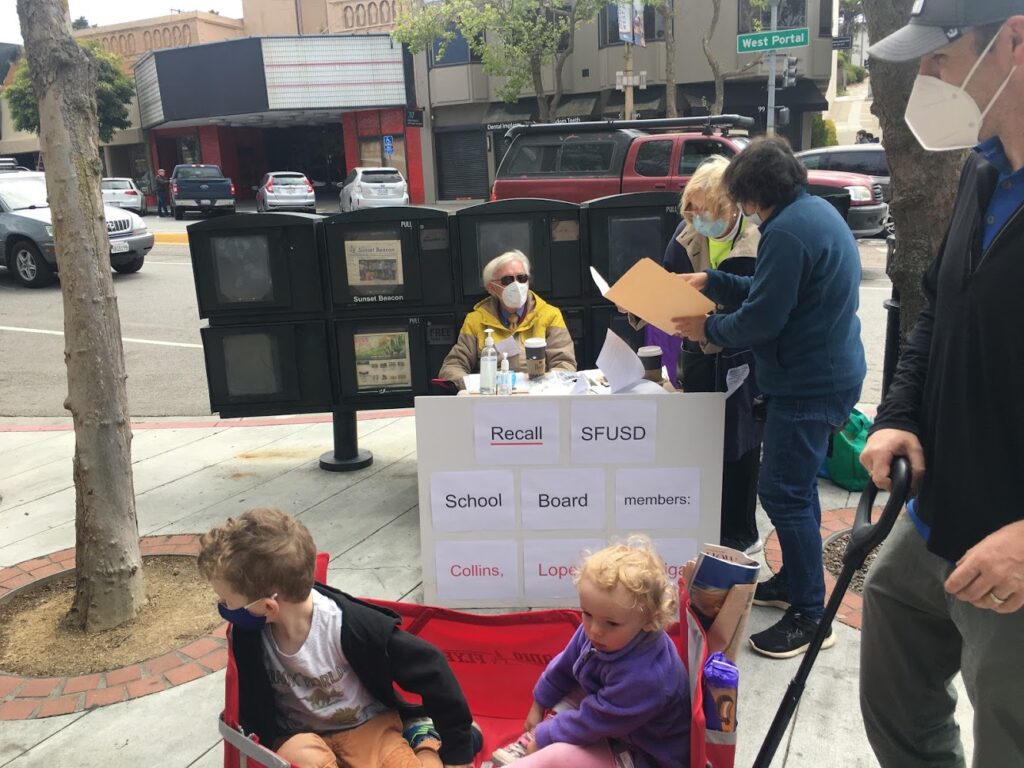
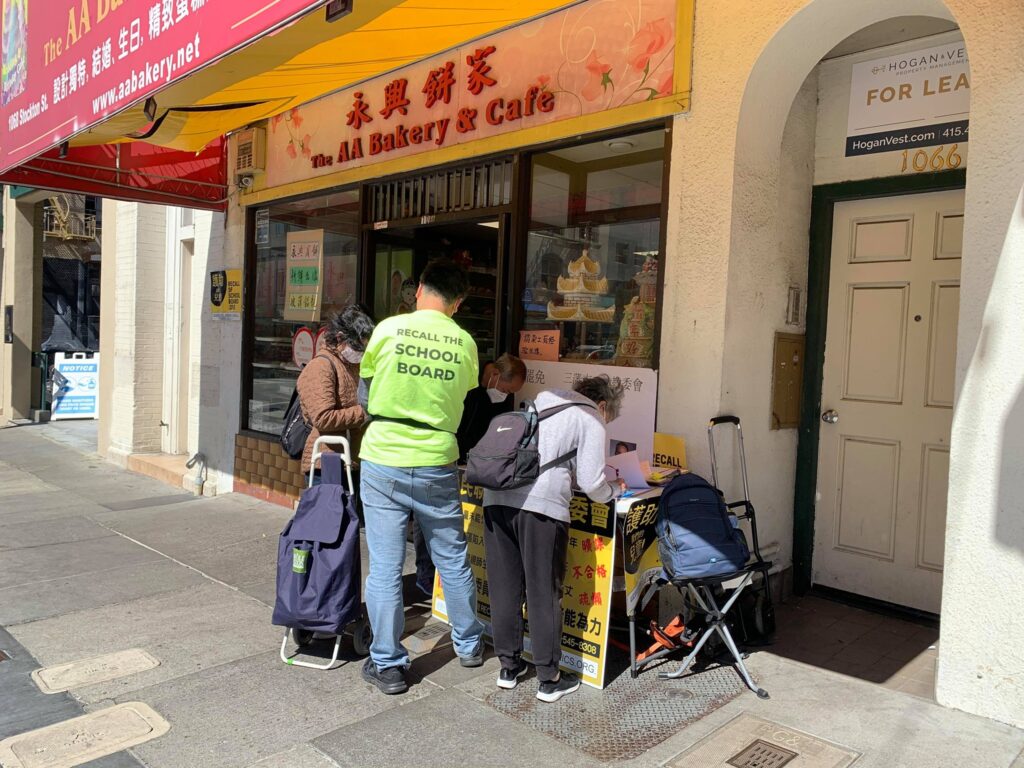
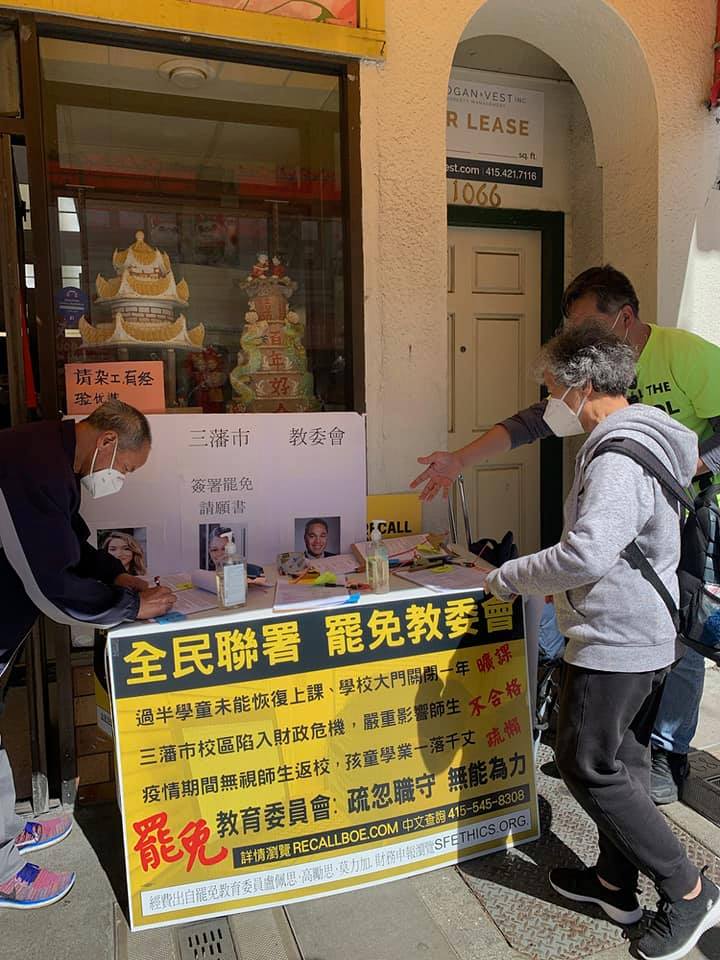
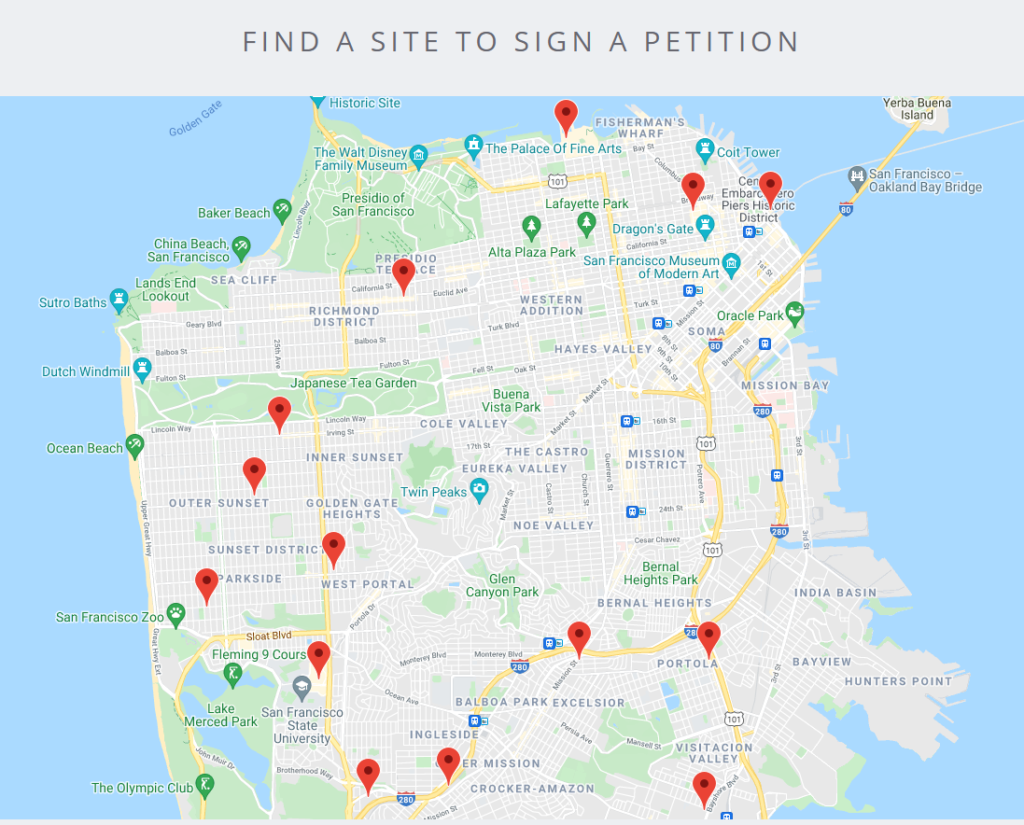
With the 2020-2021 school year coming to a close, Raj urged people to persevere in gathering signatures after reaching the milestone of 12,000 signatures on May 15. “We’re doubling down with significantly more volunteers on the street this weekend, and also looking into supplementing our volunteers with paid signature gatherers who can be working on this full-time — something parents just don’t have the bandwidth to do, especially when they’re managing zoom school on top of full-time jobs. This will likely mean raising our donation cap; we’ll let you know when that happens.” Shiva Raj and Autumn Looijen have computer science/data science backgrounds and work in the tech industry. Both are currently supporting the recall campaign “full-time,” Raj said in an instant messenger interview.
Campaign To Recall SFUSD Board Members Surpasses 15,000 Signatures was originally published on San Francisco News



